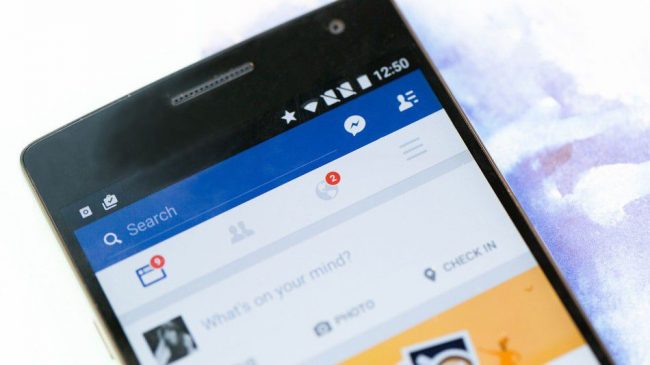After nearly two years of being vulnerable to fake news on its newsfeed, Facebook has finally instituted a major change. But its solution will hurt its earnings greatly, experts have said.
2016 was the year of fake news. Occasioned by the US presidential election and Brexit, fake news stories took over the internet and influenced voter behaviour at both polls in 2016. The internet was left stupefied as several fake news outlets used that platform to spread misinformation. Reports pointed to the fact that these fake stories largely influenced the US election.
Of course, Facebook is not a news platform; it is a social media platform. But its popularity for news discovery has grown over time. With the introduction of innovative algorithms like the social graph, Facebook has deep understanding about human behaviour, and has made it easy for contents to go viral just by social interaction on its platform. And therein was the opportunity for fake news.
Fake news outlets took advantage of people’s interest in viral content and flooded Facebook with numerous false stories, successfully outwitting Facebook’s innovative algorithm.
Most Facebook users rarely check the authenticity of a news source. A majority of users just like, comment and share links that their friends have posted. These three activities constitute the most important signals in Facebook’s social graph algorithm. Facebook uses them to assign value to content. And for this reason, posts with higher user activity tend to go viral quickly. As a result of this, fake news spread quickly and became a menace to control. A solution was not easy to find.


In 2016, Zuckerberg outlined 7 solutions being implemented, but those solutions were not easy to implement. They didn’t really tackle the problem. Fostered by renewed and intense division between liberal and conservative thinking in the post-Obama era, human curation would be a terrible idea.
Fixing the Fake News
At the start of 2018 however, Zuckerberg vowed to tackle the problem. He has followed this declaration with a plan. Facebook will start displaying fewer news stories and sponsored contents on users’ newsfeeds. Instead, the social media app will now share meaningful social moments and help users have more meaningful moments.
This is a significant change. For years, Facebook has continually optimised its algorithm to help users find more relevant content. Now Zuckerberg has changed the focus back to social interaction.
Impact On Revenue
This approach comes as a huge surprise to industry followers. Advertising is the main source of Facebook’s revenue. In its last reported quarterly earnings, according to a report by CNBC, advertising contributed $10.1 billion to Facebook’s revenue in Q3 2017. In that quarter, Facebook’s total revenue was reportedly $10.3 billion.
The decision to reduce display ads would obviously have an adverse effect on Facebook’s overall earnings in 2018. The company’s share price dropped 4.5% following the news. But Zuckerberg, as a recent post suggests, is confident that this decision is the best for the long term growth of Facebook.






